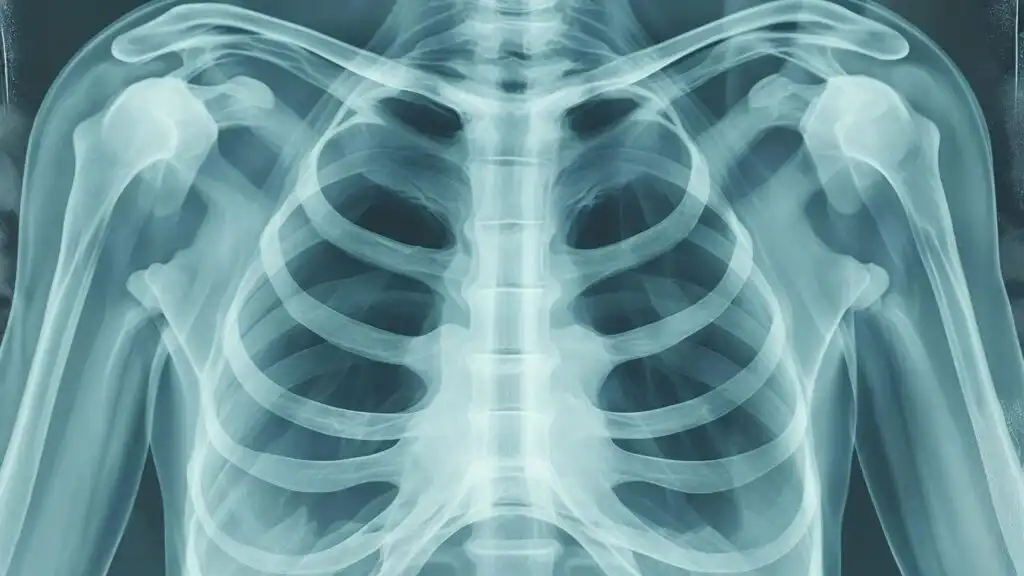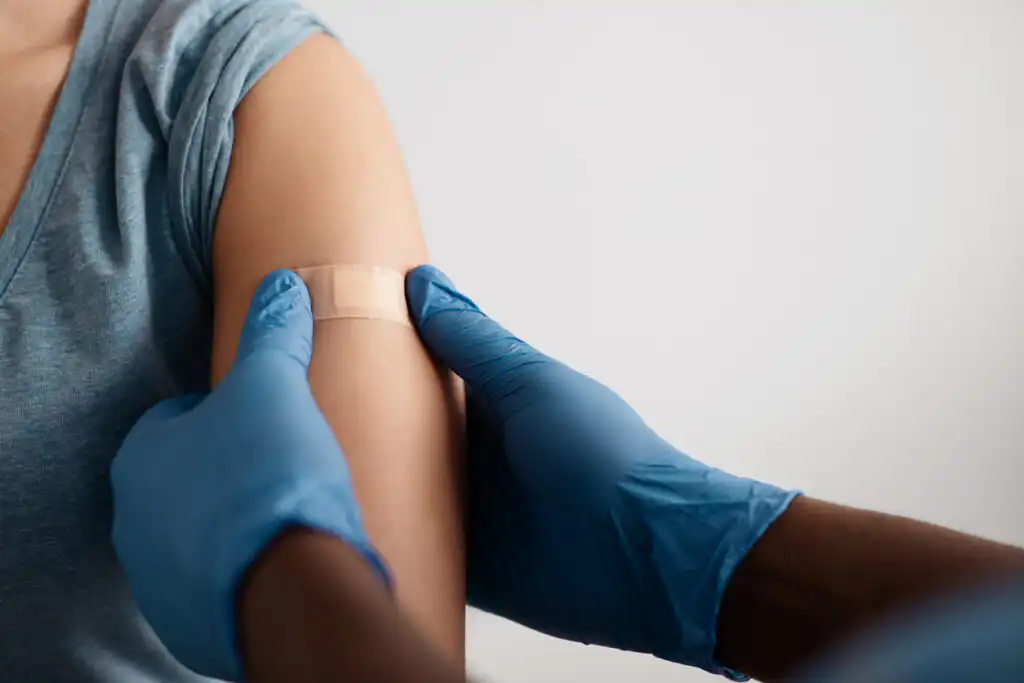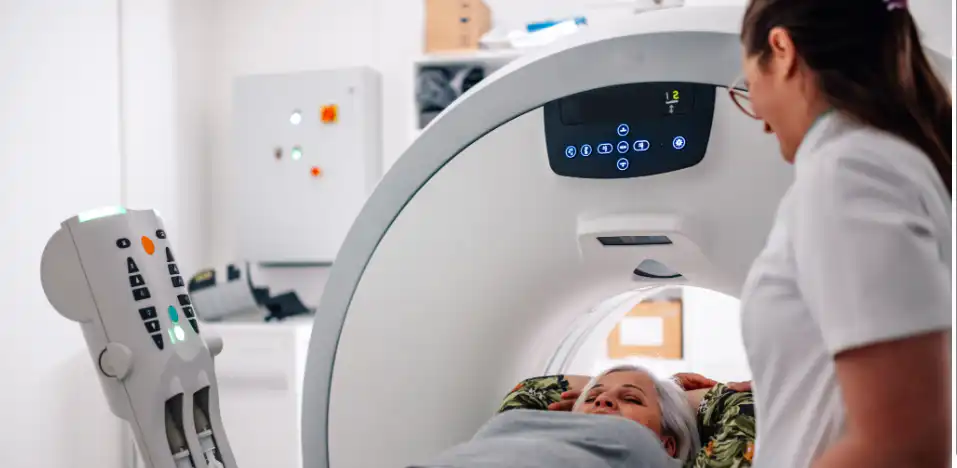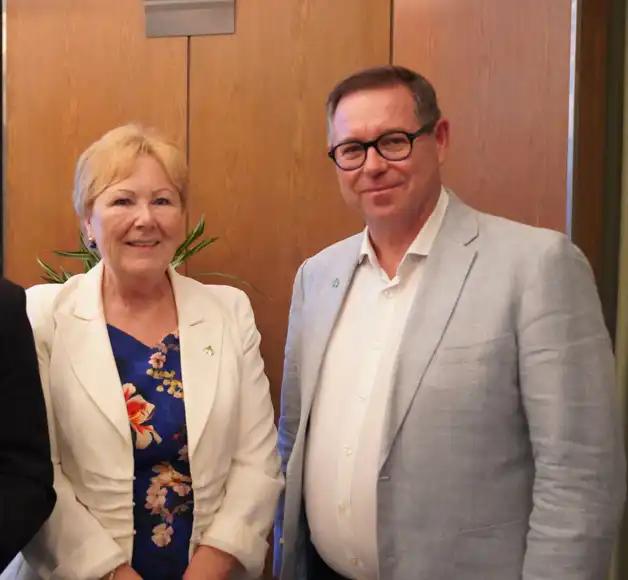Lung Foundation Australia has launched a series of resources to provide Aboriginal and Torres Strait Islander peoples with important facts about vaping.
Designed in collaboration with National Best Practice Unit (NBPU) and Apnuipima Cape York Health Council, the resources including fact sheets, a health clinic poster and an animated video, are to help young people make informed choices about vaping.
Lung Foundation Australia CEO Mark Brook said the resources were designed in collaboration with young people from Cape York.
“We know the health risks of vaping include lung damage, nicotine addiction, and more. We hope these resources will encourage and empower young people to make important decisions about vaping,” he said.
Josh Mene, Apnuipima Cape York Health Council Tackling Indigenous Smoking Program Lead said he wanted these resources to have a positive impact on young people’s behaviours towards vape and tobacco use, creating change in the next generation.
“It is important we continue to raise awareness of the harms of smoking and vaping, the benefits of quitting, where people can seek support to quit as we aim to promote healthy lifestyle behaviours for First Nations peoples,” he said.
“While quitting vaping is not easy, there is support available in community through local Primary Health Care Centres and additional support through Quit Support mobile apps and Quitline 13 7848. People can also reach out to their local Tackling Indigenous Smoking team to access more information, programs and activities.”
Queensland Chief Health Officer Dr Catherine McDougall said these new resources for Aboriginal and Torres Strait Islander peoples will go a long way to inform young people about the health risks of vaping.
“Adult vaping has quadrupled since 2018, while the proportion of high school-aged students who have vaped has more than tripled since 2017,” Dr McDougall said.
“While daily tobacco smoking rates have decreased, this dramatic uptake of vaping, particularly in children and teenagers is alarming.
“More than 45 per cent of Queensland school students aged 16 to 17 have vaped at least once, while more than 30 per cent of younger students aged 12 to 13 have also tried vaping.
“It’s important for young people to be aware of the dangers of vaping as it could cause them health issues later in life.
“Culturally appropriate resources will provide First Nations peoples with clarity and knowledge, empowering them to protect their lung health and support each other in giving up vaping.”
The 2022-23 National Aboriginal and Torres Strait Islander Health Survey (NATSIHS) found 1 in 5 Aboriginal and Torres Strait Islanders over 15 years had tried a vape.
The resources are available to download from our website.
Aboriginal and Torres Strait Islander people living in Queensland who smoke or vape can join the Yarn to Quit program. This includes quitting support and 12 weeks free nicotine replacement therapy. For more information go to Quit HQ.
Lung Foundation Australia developed these resources with support from the Queensland Government.
Was this page helpful?
Good job! Please give your positive feedback
How could we improve this post? Please Help us.



